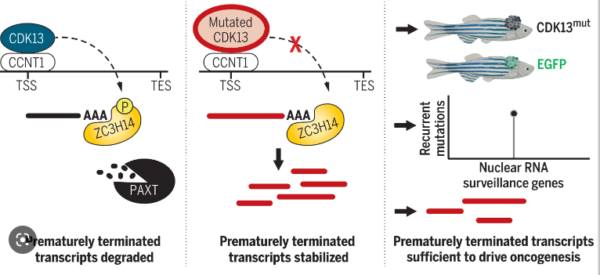
Fri, 2023/05/12
Molecular Mechanism of Melanoma Induced by CDK13 Mutant Protein

Tue, 2023/04/25
Novel CAR-T Cell Therapy with Potential for Treating Human Solid Tumors
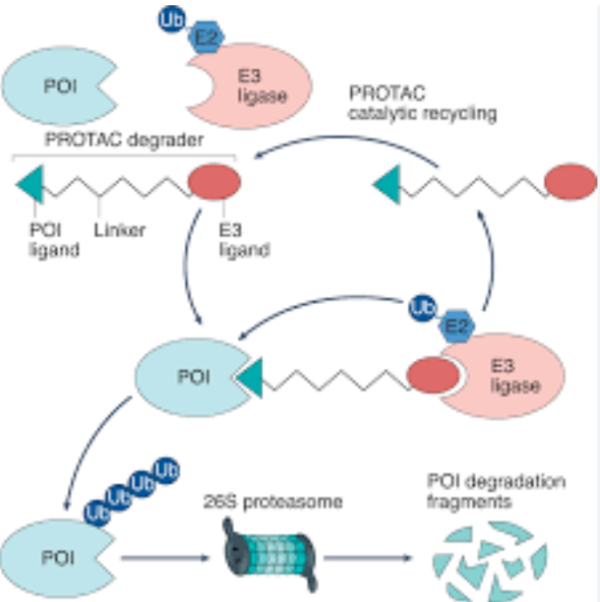
Tue, 2023/04/25
PROTAC R&D to Achieve the Latest Progress
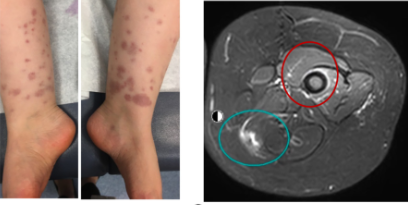
Tue, 2023/04/25
Discovering an Autoimmune Inflammatory Disease Induced by LYN Gene Mutation
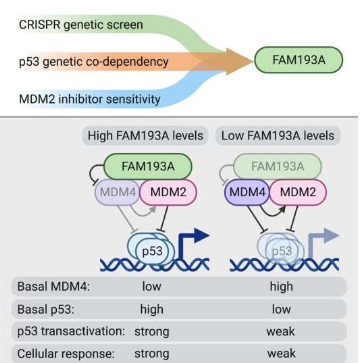
Tue, 2023/04/25
Special Protein FAM193A with Novel Anti-Tumor Activity
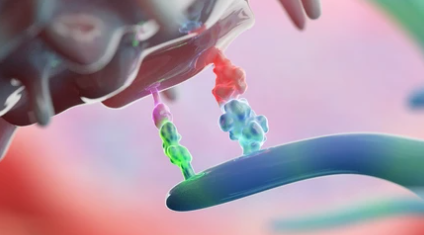
Thu, 2023/03/30
M6A Targeted Modification Can Improve Immune checkpoint Therapy
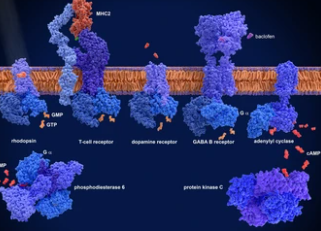
Thu, 2023/03/30
The Role of the Third Intracellular Ring of GPCR in GPCR Signal Conduction Mechanism

Thu, 2023/03/30
The Base Editor Is Expected to Be Used for the Treatment of CD3Δ Severe Combined Immunodeficiency
